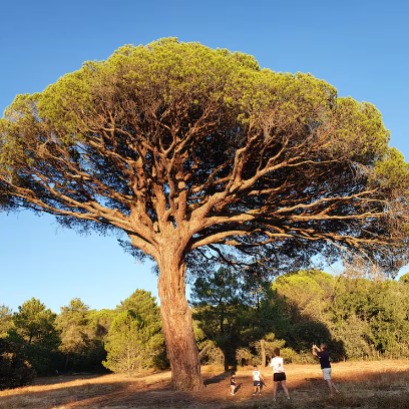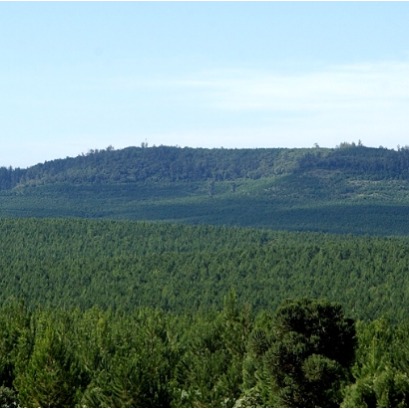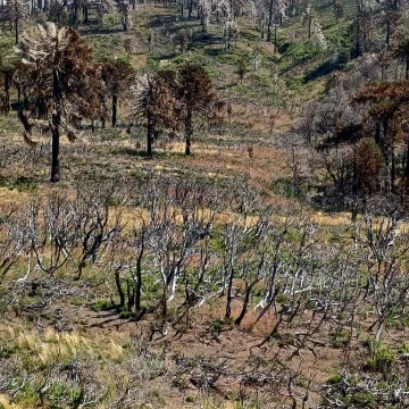
The only animal in the world that plant millions of trees every year and is vital for the conservation of nature
They play a crucial role in the conservation of forest ecosystems Nature is full of wonders and surprising processes that often go unnoticed. One of these phenomena is the ability of a small animal to plant millions of trees every year, playing a crucial role in the conservation of forest ecosystems.
The squirrels, those small mammals that we commonly see in parks and forests, have a much greater impact on the environment than we could imagine. During the fall, the squirrels are dedicated to collecting and storing nuts and seeds for winter. This behavior, known as Cacheo, implies burying these foods in various places to make sure you have enough provisions during the cold months. However, not all seeds and buried nuts are recovered by squirrels. Many of them are forgotten and, over time, germinate and become new trees. This involuntary plantation process is essential for forest regeneration and the expansion of green areas. The impact of squirrels on forest ecosystems is significant. When inadvertently planting thousands of trees, these creatures help maintain the diversity and vitality of forests. The new trees provide habitats for a variety of animal species and contribute to soil stability, preventing erosion. In addition, trees play a crucial role in the regulation of the local climate. They absorb carbon dioxide and release oxygen, improving air quality. They also help maintain soil moisture and regulate the water cycle, which is essential for the health of forest ecosystems. Tree plantation by squirrels not only benefits forests, but also has a positive impact on biodiversity. The new trees provide refuge and food for a wide range of species, from insects to birds and mammals. This increase in biodiversity strengthens ecosystems, making them more resilient against environmental changes and natural disasters. In addition, trees planted by squirrels can help connect forest fragments, creating ecological corridors that allow species to move freely and expand their territories. These runners are essential for the survival of many species, especially those that require large areas of habitat to prosper.
IT MAY INTEREST YOU
 Missions | New illegal felling in the Piñalito Provincial Park in San Pedro reveals the silent expansion of deforestation in protected areas
Missions | New illegal felling in the Piñalito Provincial Park in San Pedro reveals the silent expansion of deforestation in protected areas
The advance of deforestation on protected areas was once again evident this week in the Piñalito Sur Provincial Park, in San Pedro, where the Ministry of Ecology and Renewable Natural Resources confirmed a new case of selective illegal logging. The event occurs in a context of growing concern about the fragility of the environmental control system in rural and border areas, where the scarcity of resources, personnel and logistics limits the capacity of surveillance against criminal organizations organized to steal native woods and market them on the black market in connivance with sawmill owners.
 Free seminar on the implementation of the European EUDR regulation on deforestation-free wood products
Free seminar on the implementation of the European EUDR regulation on deforestation-free wood products
The Argentine Forestry Association (AFoA) organizes the seminar «EUDR in Forest Products: Current status of implementation. Regulatory requirements and private experiences", which will take place on Wednesday, November 26, from 11:00 a.m. to 12:00 p.m., via Zoom, with live streaming on YouTube. The European Regulation on Deforestation-Free Products (EUDR) will enter into force on December 31, 2025 and will impose new requirements for forest products entering the European Union market.
 Specialists from 10 provinces develop forest landscape restoration strategies throughout the country
Specialists from 10 provinces develop forest landscape restoration strategies throughout the country
The program is developed by researchers from INTA, Conicet and the Argentine Wildlife Foundation.





















